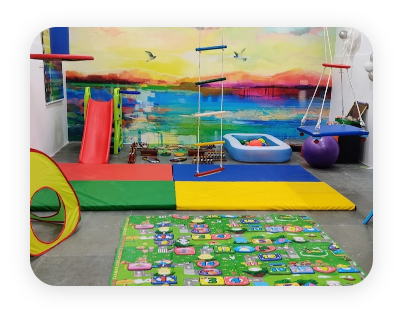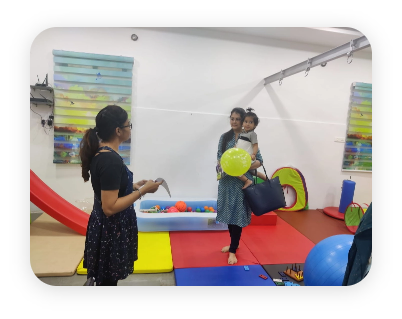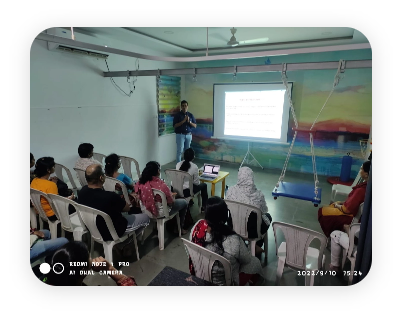SPECIALIZED SUPPORT


Does your child require
Remedial
Therapy

Problems with Key Subjects:
If your child is continually having difficulty with reading, writing, or math, remedial therapy will establish a solid foundation.

Behind in School:
When learning in normal ways is not gaining traction, some additional assistance will put your child back on track and brought up to date.

Concentration or Memory Problems:
Remedial therapy overcomes concentration, memory, and processing issues so children can enhance grades.

Learning Low Self-Esteem
If your child is discouraged from school, remedial therapy develops skills along with confidence for ultimate success.
When Does a Child Require Remedial Therapy?
Every child is different and learns in his or her own way. But occasionally, a little remedial therapy can make a huge difference.

Having trouble reading, writing, or math.
If your kid just can’t quite get the hang of fundamentals even after he or she has struggled at it it may be that they require more one-on-one attention.

Behind peers
If there is an apparent deficiency in knowledge between what your child knows and what they are supposed to know at their age, remedial intervention can fill the gap.

Difficulty concentrating or remembering
If your child tends to zone out during lessons or has poor recall when it comes to learning, therapy can teach them how to have good concentration and memory.

School practices don’t work
If conventional teaching is just not cutting it, your child can thrive with a more customized, individualized style of learning.
The core areas of
remedial education programs
Remedial education programs focus on enhancing foundational skills for students struggling academically. Core areas include personalized instruction, targeted skill development, and support for learning challenges, aiming to boost overall educational achievement and confidence.

Reading & comprehensive skills.

Ability to do maths.

Ability to process information.

Functional academics.
What we do in remedial education therapy?

Personalized Learning Plans
Customized plans to address the individual student's needs.

Skill Development
Concentration on building reading, writing, and math skills.

Behavioral Support
Strategies to improve focus, organization, and social skills.

Progress Monitoring
Ongoing assessments to monitor progress and make adjustments.

How Remedial Education Therapy Supports Children?
Remedial therapy isn’t just about catching up it’s about supporting children in a way that makes them stronger and feels good about too.
Improved school performance
With proper assistance, kids become stronger at reading, writing, and maths and grades usually improve too.
Confident boosts
As they begin to learn things more clearly, kids become more assured and proud of what they’re capable of.
Learning that's right for them
Each kid is unique. Remedial therapy provides them with a method of learning that makes perfect sense to them.
Assists with concentration and social skills
Children also learn to be organized, listen, and get along with others all of which benefit them in and out of the classroom.
How Remedial Education Therapy Supports Children
Remedial therapy isn’t just about catching up it’s about supporting children in a way that makes them stronger and feels good about too.
Improved school performance
With proper assistance, kids become stronger at reading, writing, and maths and grades usually improve too.
Confident boosts
As they begin to learn things more clearly, kids become more assured and proud of what they’re capable of.
Learning that's right for them
Each kid is unique. Remedial therapy provides them with a method of learning that makes perfect sense to them.
Assists with concentration and social skills
Children also learn to be organized, listen, and get along with others all of which benefit them in and out of the classroom.

Remedial education therapy procedure
Targeted Support for Academic Success: Understanding Remedial Education Therapy

Elite Credentials & Expertise
Leading Professional in the Field

Customized Evaluation
Tailored Assessments for Your Needs

Innovative Therapy Solutions
Advanced Techniques for Optimal Results
Frequently asked questions
Remedial Education Therapy involves the specific solution of particular learning challenges using specialized educational intervention and assistance.
Learning disability, developmental delay, or underachievement individuals can be treated using Remedial Education Therapy.
A customized assessment is performed to determine learning requirements, followed by the development of a personalized plan that caters to those precise requirements.
Methods could be tailored instruction, active participation, and accommodating strategies for increased learning and skill acquisition.
Length varies with the specific needs and objectives, but improvement is normally tracked from time to time to confirm good outcomes.
Certificate &
Verification





We are also featured in















